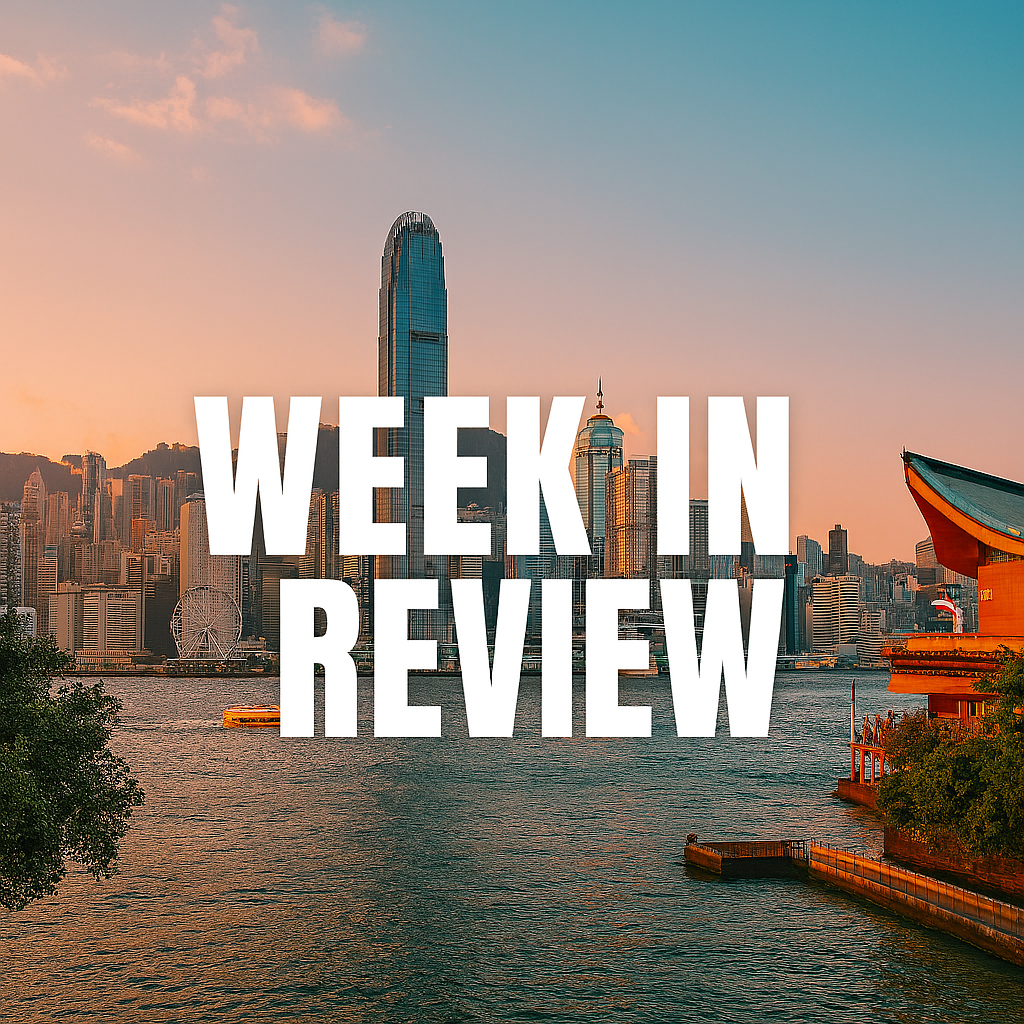🇺🇸 United States: Shutdown Becomes Longest Since 2019 as Trump Holds Line on ACA Demands
The federal government shutdown entered its 23rd day, officially surpassing the 2019 record to become the longest since President Trump’s first term. Over 750,000 federal workers remain furloughed, and essential personnel—including military, border patrol, and air traffic controllers—continue working unpaid.
President Trump reiterated his refusal to meet Democratic leaders until the government is reopened, stating, “I will only meet if they let the country open.” Democrats are demanding permanent tax breaks for 24 million Americans under the Affordable Care Act, while Republicans insist on separating health care from the budget bill.
National parks, food aid programs, and airport operations are under strain, with SNAP benefits projected to run out by November. Flight delays at Houston and Newark have surged due to staffing shortages.
Trump’s executive order ensuring military pay has been praised by defense advocates, but civilian staff remain unpaid. The shutdown reflects a broader conservative push for fiscal discipline, border integrity, and limited government, challenging what many see as bloated entitlement expansions.
🇵🇭 Philippines: IKEA Expands to Quezon City, Signaling Middle-Class Growth and Urban Retail Shift
IKEA opened its first “Plan and Order” shop in Quezon City’s TriNoma Mall on October 23, marking a strategic expansion into Metro Manila’s northern corridor. Unlike its flagship store in Mall of Asia, this new format focuses on customized planning for kitchens, bedrooms, and living rooms, with items delivered from centralized hubs.
The move reflects IKEA’s confidence in middle-class purchasing power and urban retail transformation. Quezon City, home to over 3 million residents, is a key battleground for lifestyle brands seeking to tap into aspirational spending.
Right-leaning analysts view the expansion as a vote of confidence in Philippine consumer resilience, despite inflationary pressures and infrastructure bottlenecks. The store’s lean format also aligns with private-sector efficiency models, avoiding the overhead of large inventories.
🌿 Southeast Asia: Searca Photo Contest Spotlights Agricultural Value Chain and Regional Self-Reliance
The Southeast Asian Regional Center for Graduate Study and Research in Agriculture (Searca) launched its 19th photo contest themed “Beyond the Harvest,” inviting images that showcase the hidden labor and logistics behind food production.
The contest aims to humanize agriculture and promote regional food security, especially as Southeast Asia faces climate volatility and supply chain disruptions. Winners will receive up to $1,000 and be featured in exhibitions across the region.
Right-leaning observers see this initiative as a soft power tool to reinforce regional self-reliance and agri-entrepreneurship, countering dependency on foreign aid and imports.
🗾 East Asia: Japan’s Takaichi Clears Path to Premiership Amid SoftBank Market Jitters
Sanae Takaichi’s coalition deal has cleared her path to become Japan’s first female prime minister, following the Liberal Democratic Party’s internal vote on October 23. Known for her hawkish defense stance and pro-business policies, Takaichi faces skepticism over market stability.
SoftBank shares fell 5% amid concerns over tech debt exposure, dragging the Nikkei 225 down 0.48%. Despite Japan’s September export rebound of 4.2%, investor confidence remains fragile.
Right-leaning analysts argue that Japan’s leadership must prioritize industrial competitiveness, energy independence, and defense modernization, especially as China’s influence grows and U.S. protectionism intensifies.
🌏 Asia Pacific: New Zealand Urges U.S. to Counter China’s Rare Earth Push in Pacific
New Zealand called on the United States to counter China’s mineral exploitation in the Pacific, citing growing geopolitical threats tied to rare earth extraction. The appeal was made during bilateral talks in Wellington, where officials warned of Beijing’s influence over resource-rich island nations.
China’s Belt and Road Initiative has expanded into mineral-rich territories, raising alarms over strategic dependency and environmental degradation. New Zealand’s call reflects a broader regional push for Western re-engagement and resource sovereignty.
Right-leaning strategists view this as a critical moment to reassert democratic influence in the Pacific and prevent authoritarian regimes from monopolizing strategic assets.



